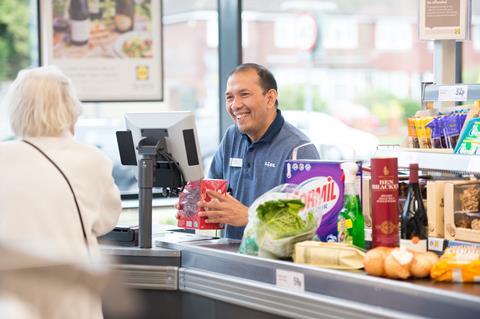
Brits reined in their spending in September due to uncertainty over higher bills and concerns over the upcoming budget, two reports out Tuesday showed.
Total retail sales grew by 2.3% compared to the same month last year, the slowest rate of growth since May, according to the British Retail Consortium.
While food sales were up 4.3%, this was largely due to inflation rather than volume growth, the BRC said.
“Rising inflation and a potentially taxing budget is weighing on the minds of many households planning their Christmas spending,” said Helen Dickinson, the trade body’s CEO.
A similar report from Barclays showed grocery spending fell 2.7% in September, part of an overall drop in consumer card spending of 0.7%.
However, Brits are seemingly confident they can manage their budget with almost half making changes to their personal finances in anticipation of the budget and one in three building a savings buffer, Barclays said.
As a result, 78% are confident in their ability to live within their means – a four-year high.
“Although spending habits keep evolving, the UK consumer remains resilient in the face of an uncertain macroeconomic backdrop,” said Julien Lafargue, chief market strategist at Barclays Private Bank and Wealth Management.
“With wage growth continuing to outpace inflation, there is room for spending to accelerate again when visibility improves.”
Barclays’ data pointed to the return of the ‘lipstick effect’ with shoppers buying small, affordable luxuries while cutting back on overall spending. This powered clothing, furniture and beauty to a strong month in September, the bank said.
Electrical sales also proved strong in September due to the release of the new iPhone and Apple Watch, according to the BRC.
Dan Coatsworth, head of markets at AJ Bell, said that while both the BRC and Barclays painted a picture of a more cautious consumer, it is “not one where the wallet has been sealed shut”.
“People are being more considered with their purchases, which suggests many have developed good money management habits. However, it presents ongoing challenges for retailers already having to deal with higher employment-related costs thanks to last year’s budget decisions.”



















No comments yet